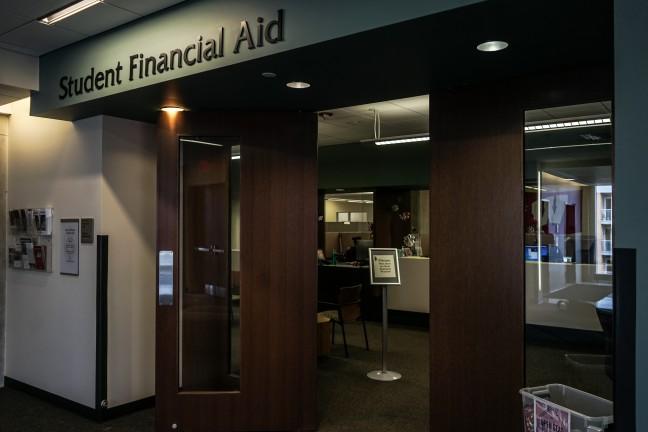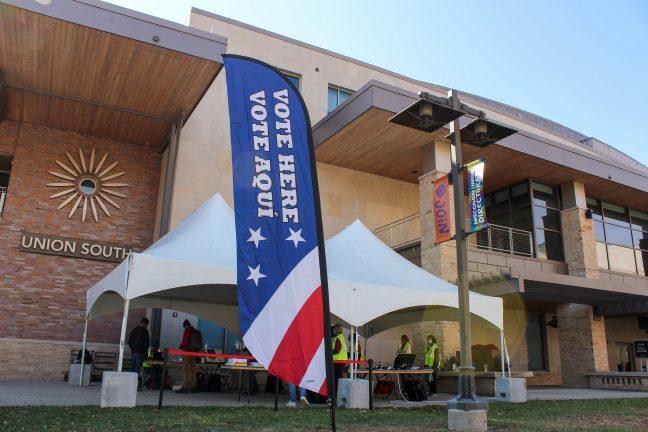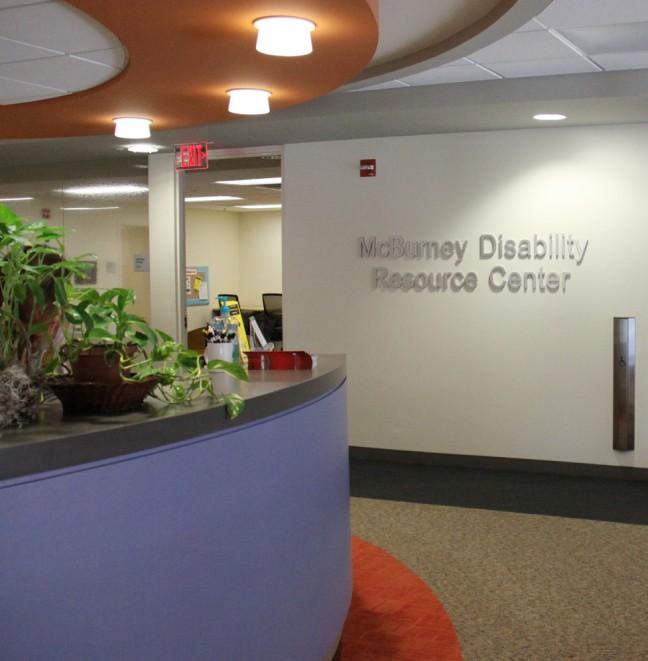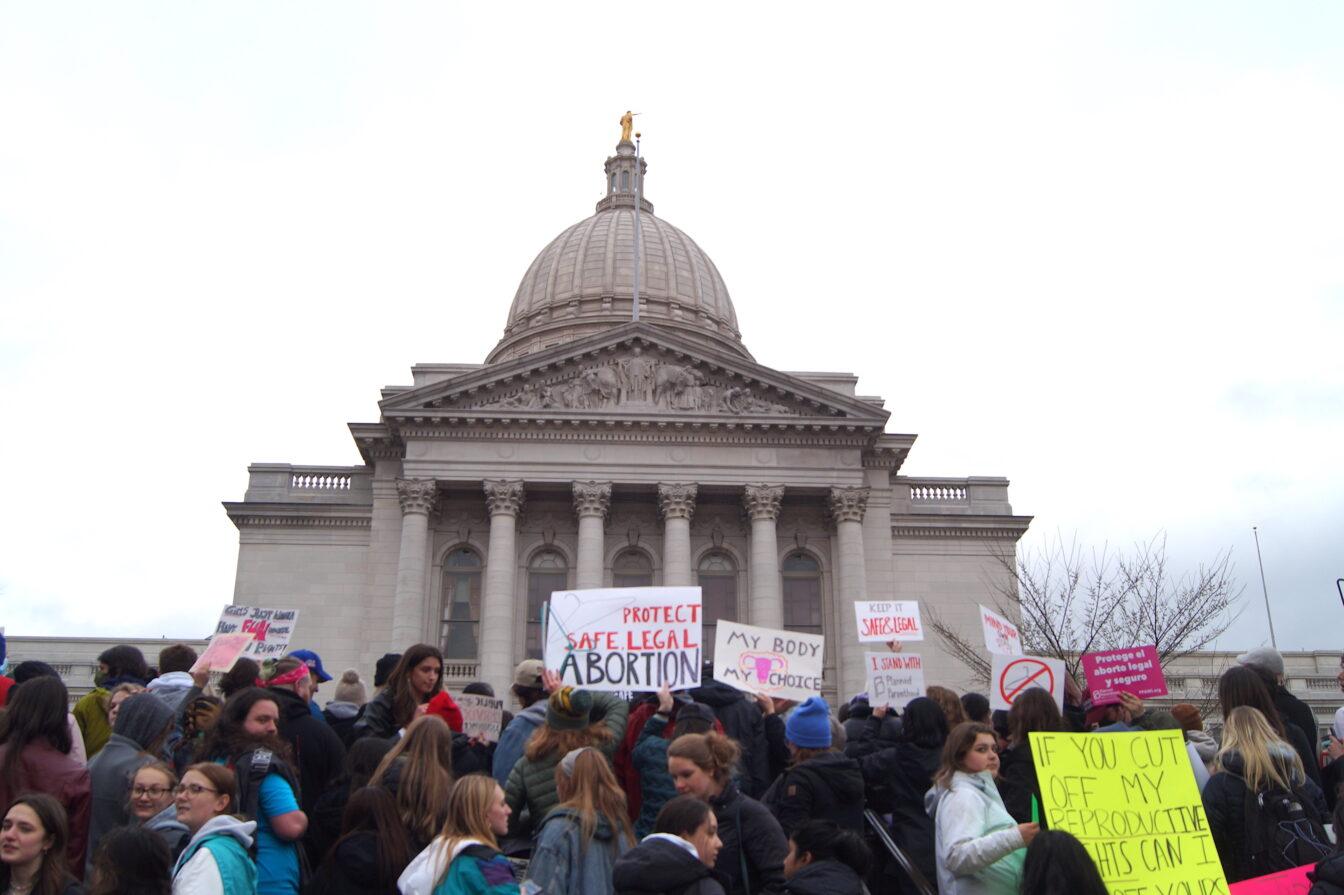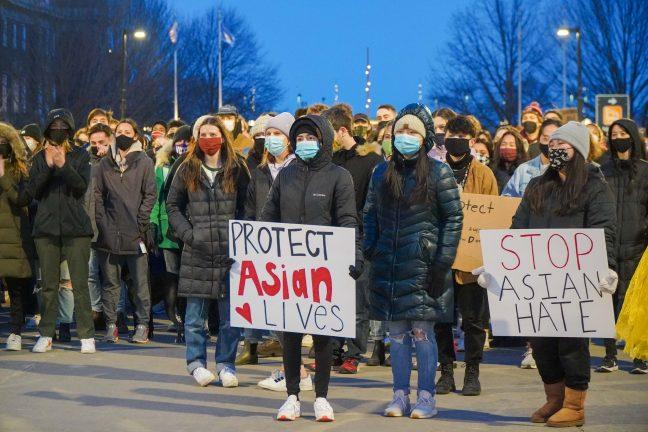When George Floyd was killed in May 2020, Madison, like the rest of the country, saw a summer of spirited protests in response to a string of high-profile killings of Black Americans at the hands of police officers.
The first few nights of protest may have appeared overwhelming to the uninitiated with cars burning and store windows shattered, signs of righteous fury over an issue which has long haunted American life. What blossomed afterwards was a season of demonstrations as diverse as the people who participated in them. Some marched in the streets, making the community hear their voices. Others expressed themselves through painted murals, many of which still remain on State Street.
While the high-profile killings of that year took place in other parts of the country, Madison is not a stranger to acts of police violence. Seven years ago, Tony Robinson was killed by officer Matt Kenny on Willy Street with little accountability outside of a cash settlement with Robinson’s mother.
Letter to the Editor: Vote yes on referendum for livable UW student employee wages
The young man’s name was spoken often in activist circles during the 2020 movements, and his family wondered why his killer was still allowed to serve on the police force. Though George Floyd’s killer and the men who enabled him have gradually been held to account, many more are like Robinson whose attackers go free and continue to serve in the police department.
When Tony Robinson’s death was still fresh in everyone’s minds, there was talk of solutions that would require more funding for the Madison Police Department, such as implicit bias training and body cameras. While such proposals are often well-intentioned, their results have been lacking.
Footage of police killings has resulted in only some officers being held accountable, and many guilty ones are still going free. The initiative has also not prevented the deaths from happening in the first place. Because of these ongoing issues with police reform, 2020 was the year when the idea of defunding the police gained mainstream recognition.
What does defunding mean? The answers vary and the public opinions on the matter do too. Some wish to keep the police in some form but invest a portion of the police budget’s money into other sectors of society. Others view defunding as a first step towards abolishing the police entirely. Whatever the overall view of police is, advocates of defunding believe police have too much money and too much power with little accountability.
Partisan polarization threatens meaningful classroom engagement
In 2021, Madison granted the police alone about 23.5% of the city budget. When police are given so much funding, it leaves less money for other sectors of society like public health, transportation and social services. As a result of being given these resources, police are thus tasked with functions better suited for other departments. For example, a therapist might be better suited to handle a mental health crisis rather than an armed police officer.
Despite the increased opposition in recent years, police still have their supporters who feel like the department maintains law, order and public safety. Yet, it is important to examine whose safety they maintain. White Madisonians have had little to fear from police, so long as they have kept in line, but Black residents’ interactions with the city police are often less positive.
Recent incidents should also give people pause when it comes to the efficacy of the police department. Just last year, the first shooting of a Madison Police officer in several years came at the hands of another officer who was trying to aim for the Black man they were apprehending.
More recently, the case of Quadren Wilson — a Black man who was shot in the back five times while being apprehended by 21 officers from a mix of local, state and federal departments — has raised many questions and provided few answers.
It remains to be seen if the passionate protests of 2020 will be replicated in the years to come, but the demands to defund the police have not gone away even if the media is no longer talking about them as extensively as before. Though often hailed as a progressive city, Madison has not always lived up to that ideal for all of its residents.
It is long past time the city decides whether it wants to continue investing in progress through the police department or through the countless other structures and programs which directly improve people’s living conditions.
Police violence continues to rage across the country and within this city. If Madison wants to set an example as a progressive beacon for the rest of the country, it needs to start by defunding its police.
Noah Reinkober ([email protected]) is a senior majoring in community and nonprofit leadership.










